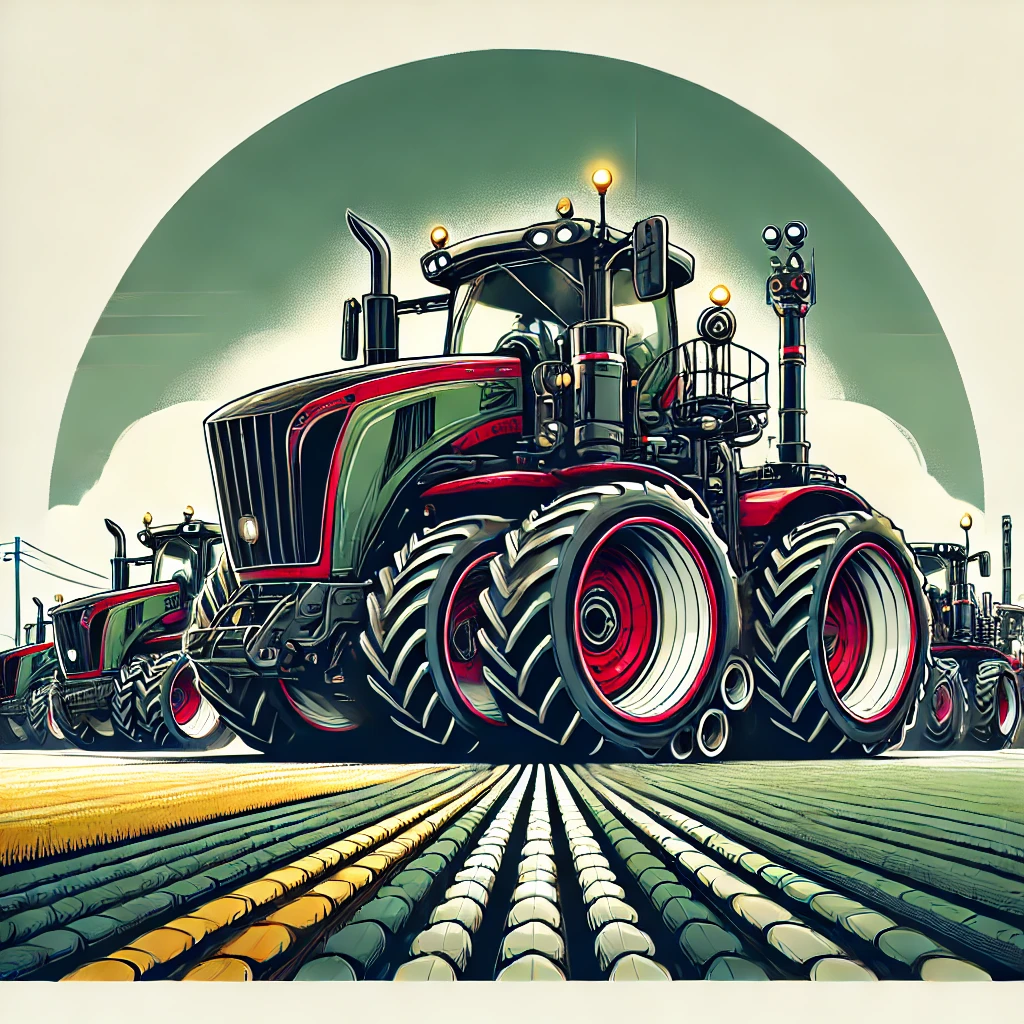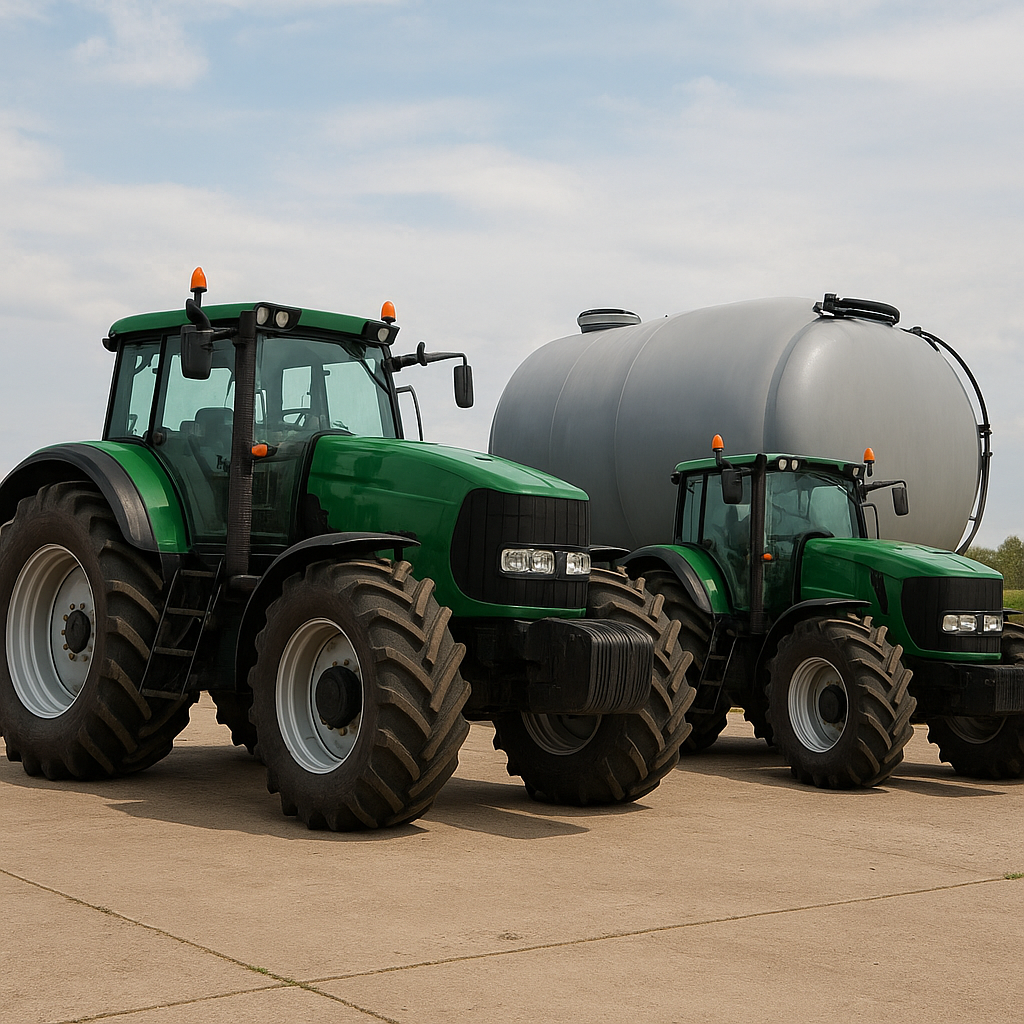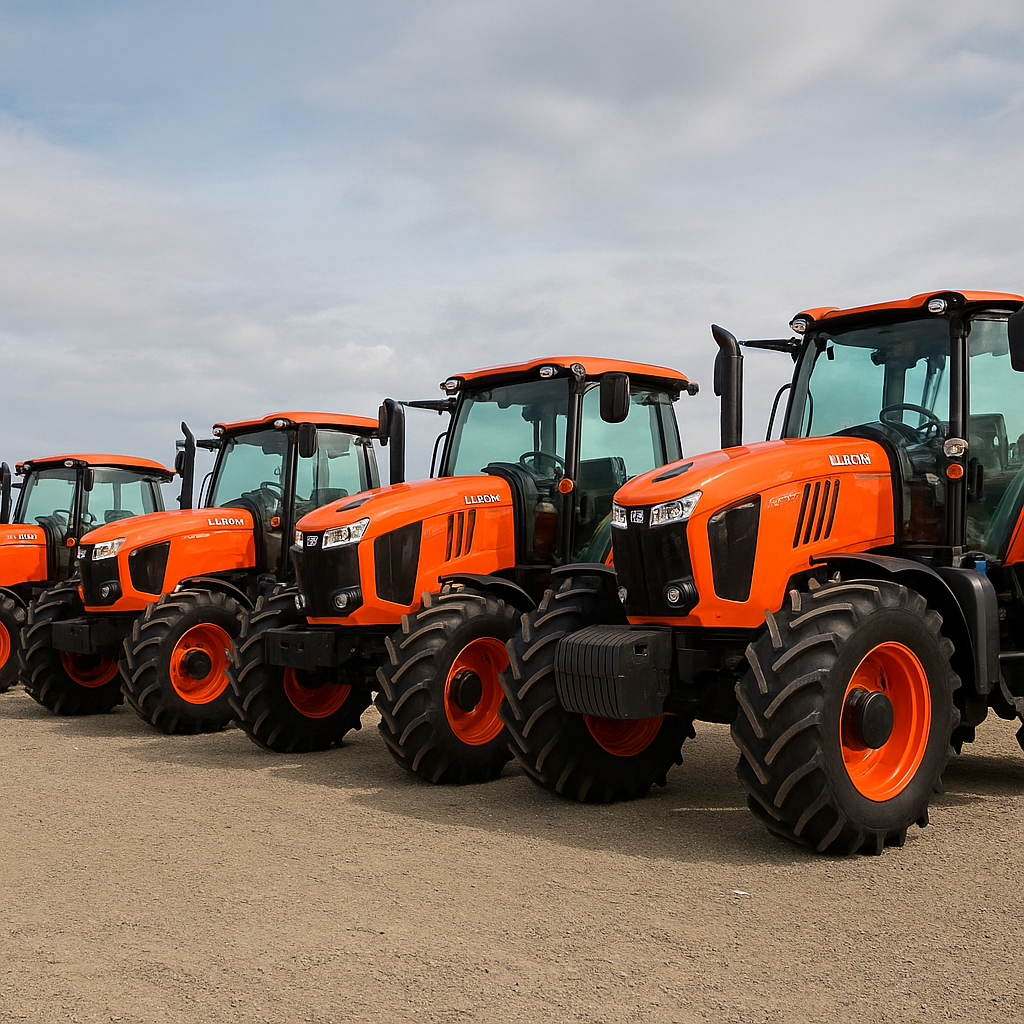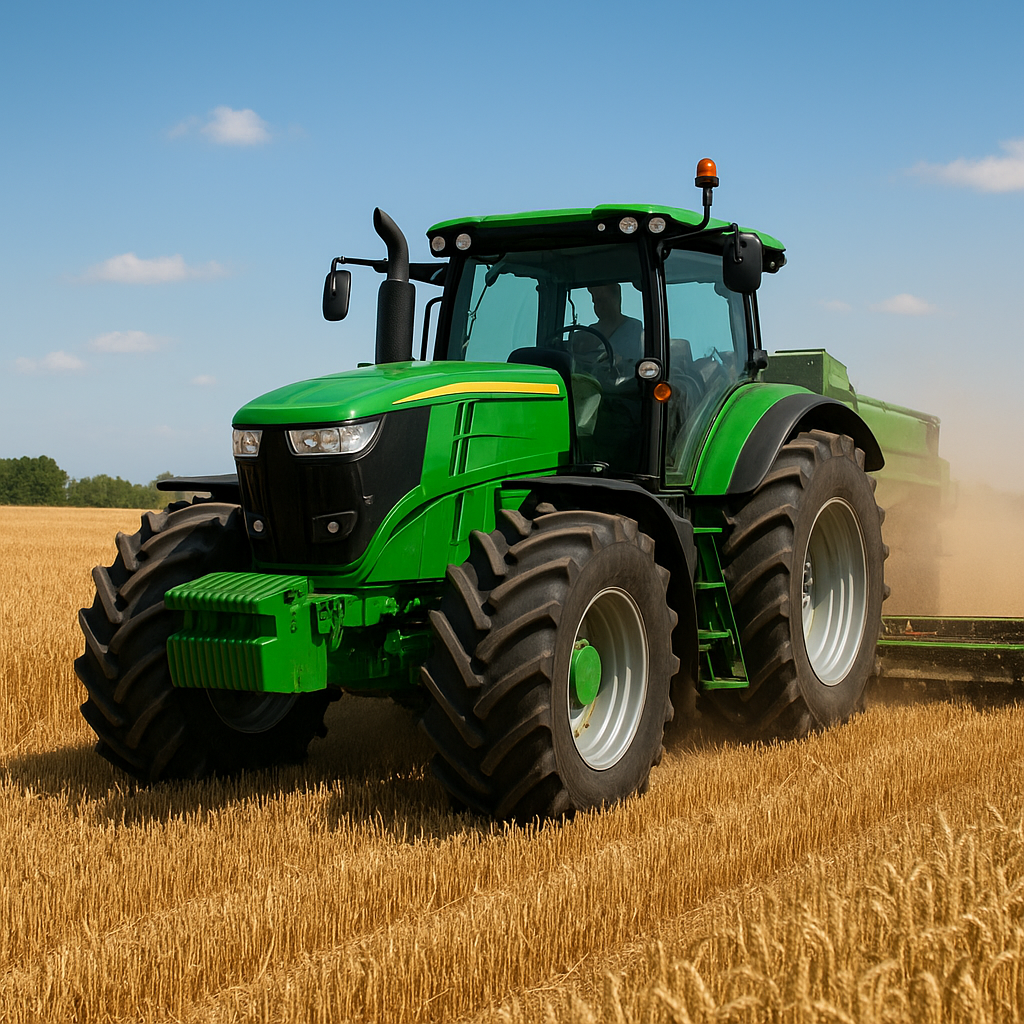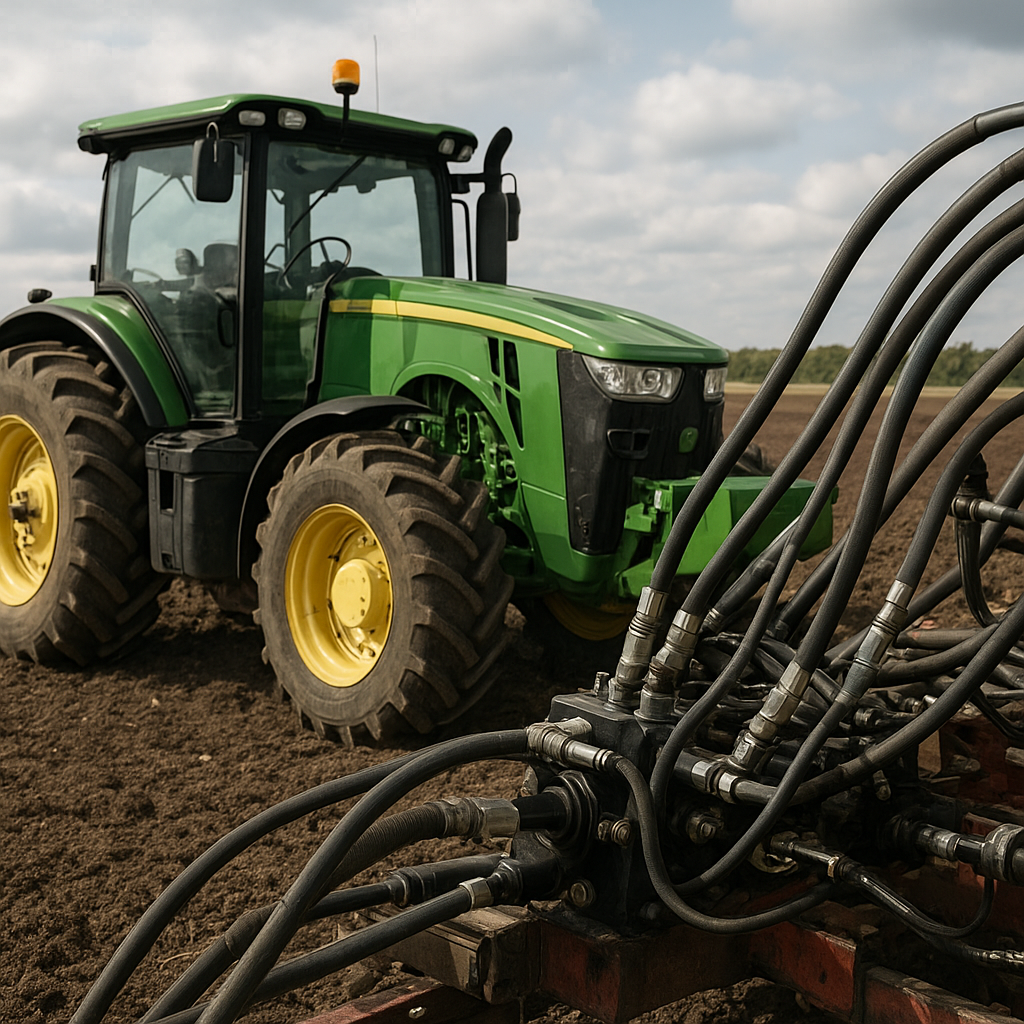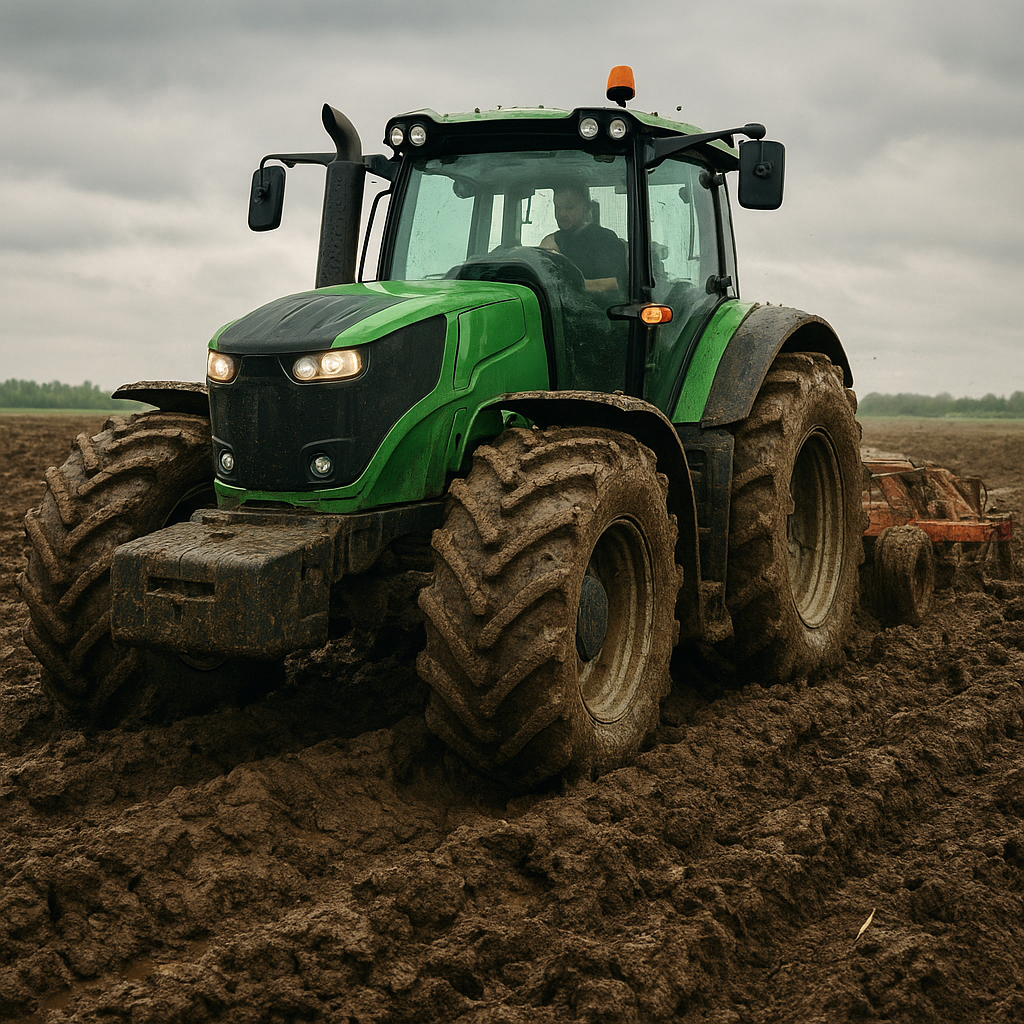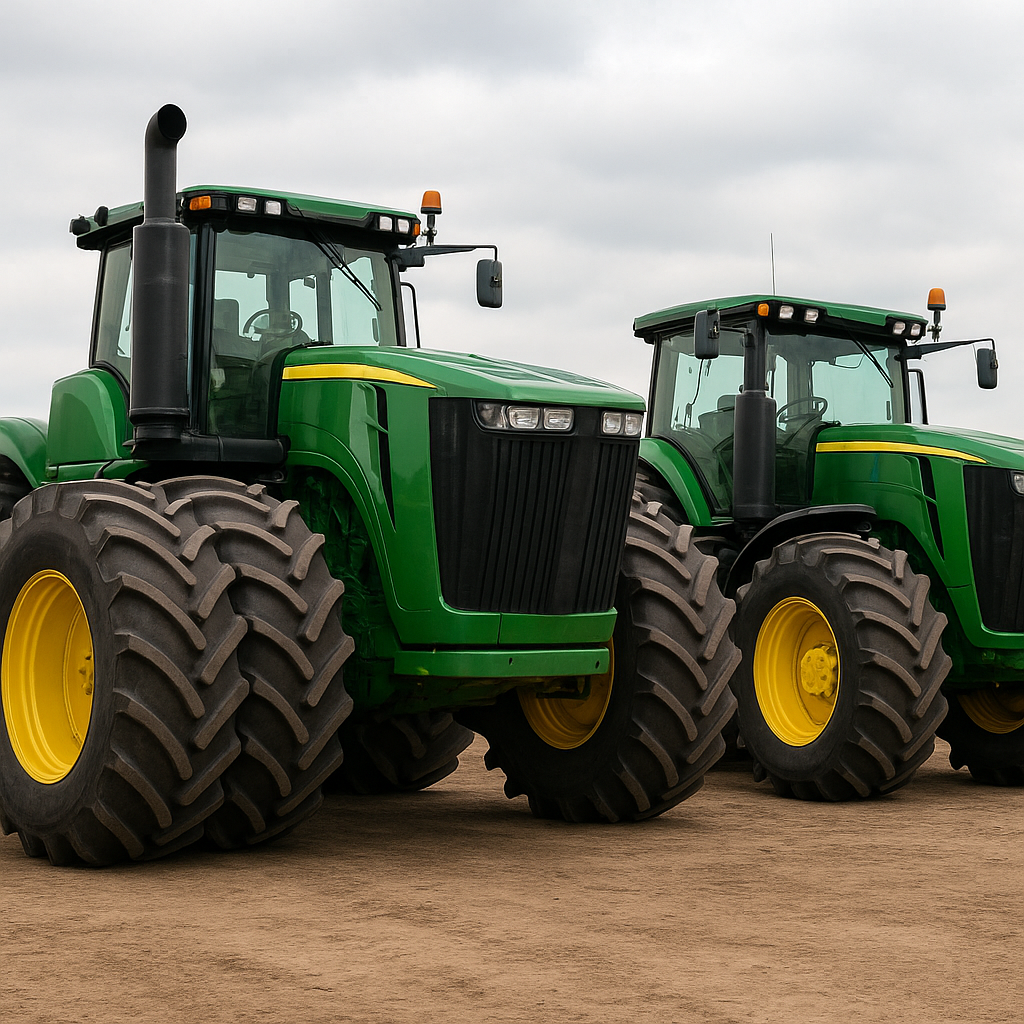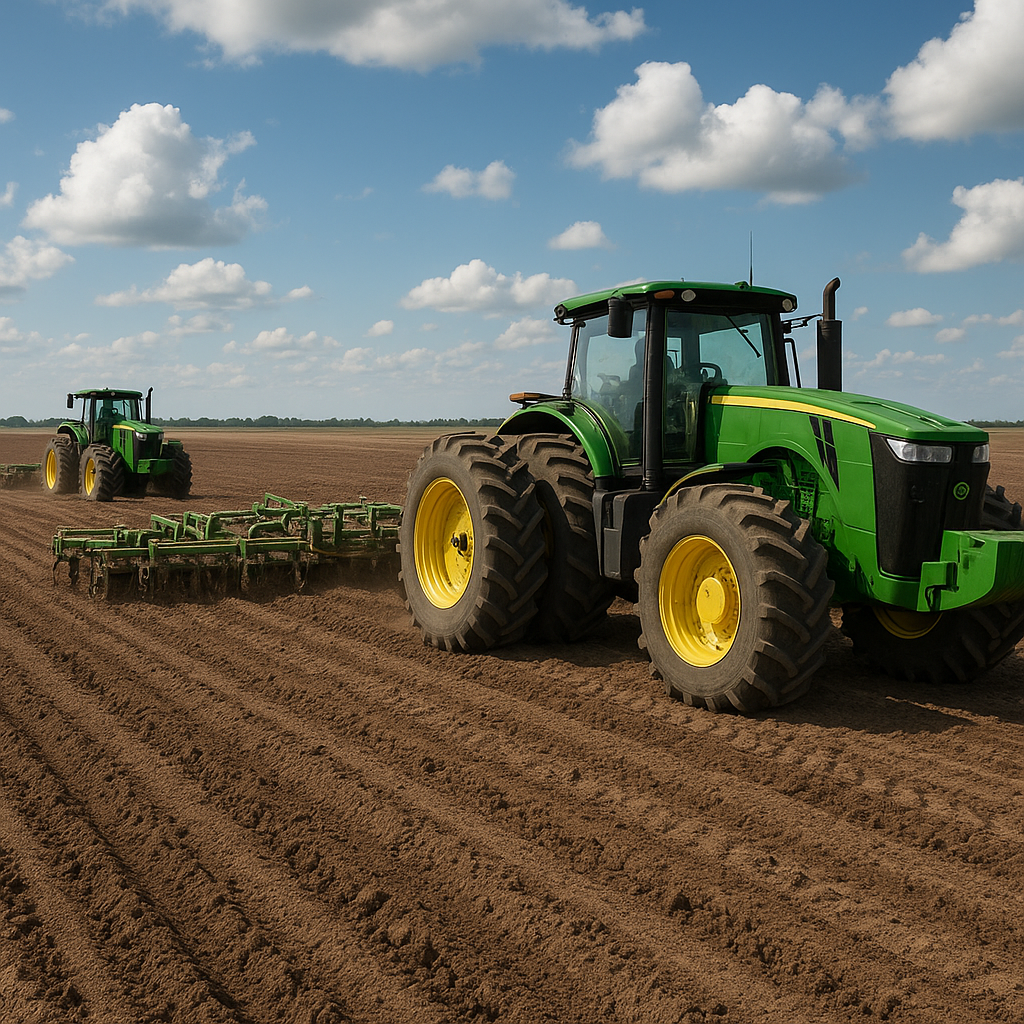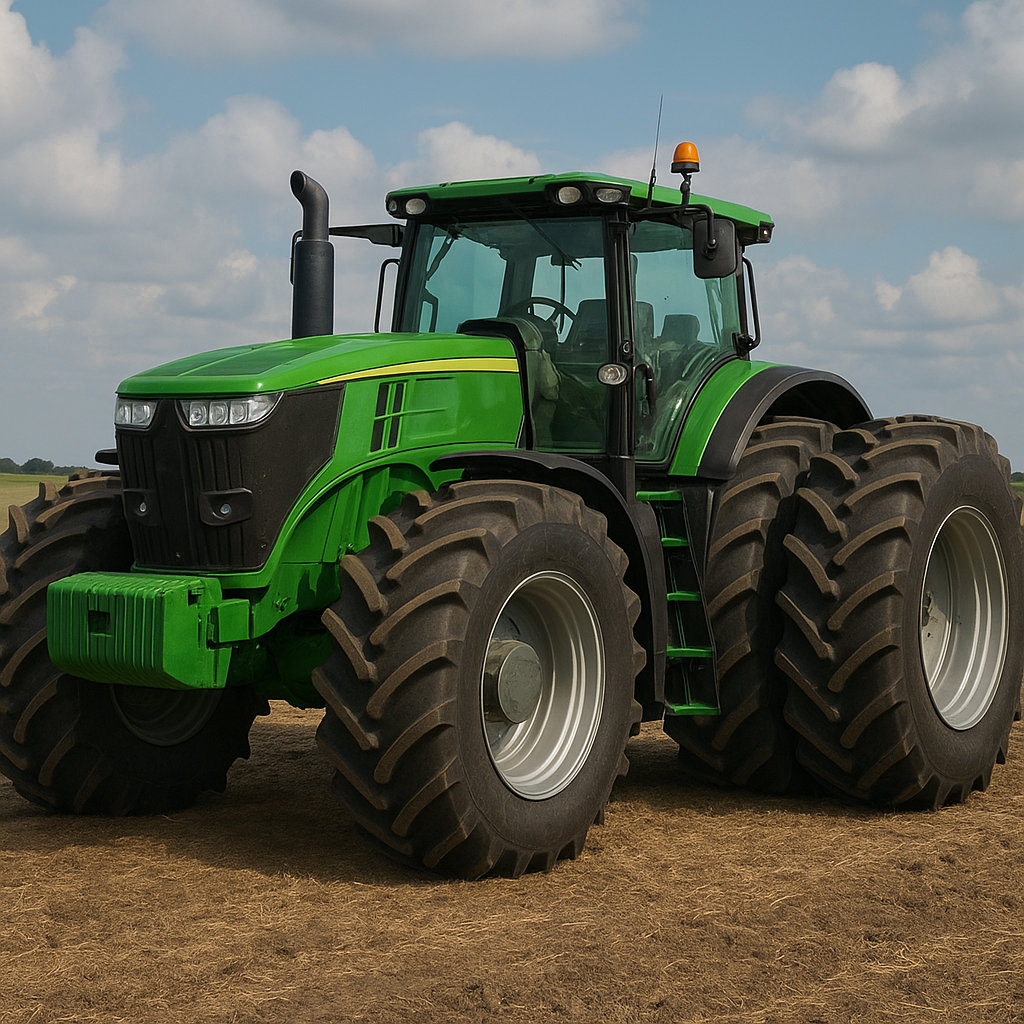The Future of Autonomous Tractors: John Deere and Beyond
Autonomous tractors are revolutionizing the agricultural industry, promising to increase efficiency, reduce labor costs, and improve crop yields. Companies like John Deere are at the forefront of this technological advancement, but they are not alone. This article explores the innovations in autonomous tractors, focusing on John Deere and other key players in the market.
John Deere: Pioneering Autonomous Technology
John Deere has long been a leader in agricultural machinery, and their foray into autonomous tractors is no exception. The company has invested heavily in research and development to create tractors that can operate without human intervention. These machines are equipped with advanced sensors, GPS technology, and artificial intelligence to navigate fields, plant seeds, and harvest crops with precision.
Key Features of John Deere’s Autonomous Tractors
John Deere’s autonomous tractors come with a range of features designed to optimize farming operations:
- GPS and RTK Technology: These tractors use Real-Time Kinematic (RTK) GPS technology to achieve centimeter-level accuracy in navigation, ensuring that tasks like planting and harvesting are performed with utmost precision.
- Advanced Sensors: Equipped with a variety of sensors, these tractors can detect obstacles, monitor soil conditions, and adjust their operations in real-time to maximize efficiency.
- Artificial Intelligence: AI algorithms enable these tractors to learn from their environment and improve their performance over time. They can make decisions based on data collected from previous operations, weather conditions, and crop health.
- Remote Monitoring and Control: Farmers can monitor and control their autonomous tractors remotely using a smartphone or computer, allowing for greater flexibility and oversight.
Beyond John Deere: Other Key Players in the Market
While John Deere is a significant player in the autonomous tractor market, several other companies are also making strides in this field. These companies are developing innovative solutions to meet the growing demand for autonomous farming equipment.
Case IH
Case IH, a brand of CNH Industrial, has introduced its own line of autonomous tractors. The company’s Autonomous Concept Vehicle (ACV) is designed to perform a variety of tasks, from planting to harvesting, without human intervention. The ACV is equipped with similar technologies to John Deere’s autonomous tractors, including GPS, sensors, and AI.
New Holland Agriculture
New Holland Agriculture, another CNH Industrial brand, is also exploring autonomous technology. Their NHDrive concept tractor is designed to operate autonomously in the field while still allowing for manual control when needed. This hybrid approach provides farmers with the flexibility to choose between autonomous and manual operation based on their specific needs.
AGCO Corporation
AGCO Corporation, the parent company of brands like Fendt, Massey Ferguson, and Valtra, is also investing in autonomous tractor technology. AGCO’s approach focuses on integrating autonomous capabilities into their existing tractor models, allowing farmers to upgrade their current equipment with autonomous features.
The Benefits of Autonomous Tractors
The adoption of autonomous tractors offers several benefits to farmers and the agricultural industry as a whole:
- Increased Efficiency: Autonomous tractors can operate 24/7, allowing for continuous farming operations and reducing downtime. This leads to increased productivity and faster completion of tasks.
- Reduced Labor Costs: With autonomous tractors, the need for manual labor is significantly reduced. This can help farmers save on labor costs and address labor shortages in the agricultural sector.
- Improved Precision: The advanced technologies used in autonomous tractors ensure that tasks are performed with high precision, leading to better crop yields and reduced waste.
- Enhanced Safety: Autonomous tractors can operate in hazardous conditions, such as extreme weather or rough terrain, reducing the risk of accidents and injuries for farm workers.
Challenges and Future Prospects
Despite the numerous benefits, the adoption of autonomous tractors also presents several challenges:
- High Initial Costs: The advanced technology used in autonomous tractors comes at a high cost, which can be a barrier for small and medium-sized farms.
- Technical Issues: Autonomous tractors rely on complex systems that can be prone to technical issues and require regular maintenance.
- Regulatory Hurdles: The use of autonomous vehicles in agriculture is subject to regulatory approval, which can vary by region and may slow down adoption.
- Data Security: The reliance on data and connectivity raises concerns about data security and privacy, which need to be addressed to ensure the safe and secure operation of autonomous tractors.
Looking ahead, the future of autonomous tractors appears promising. Continued advancements in technology, such as improved AI algorithms, better sensor integration, and enhanced connectivity, will likely drive further innovation in this field. Additionally, as the cost of technology decreases and regulatory frameworks become more supportive, the adoption of autonomous tractors is expected to grow.
In conclusion, autonomous tractors represent a significant leap forward in agricultural technology. Companies like John Deere, Case IH, New Holland Agriculture, and AGCO Corporation are leading the way in developing these innovative machines. While challenges remain, the potential benefits of increased efficiency, reduced labor costs, improved precision, and enhanced safety make autonomous tractors a compelling solution for the future of farming.
